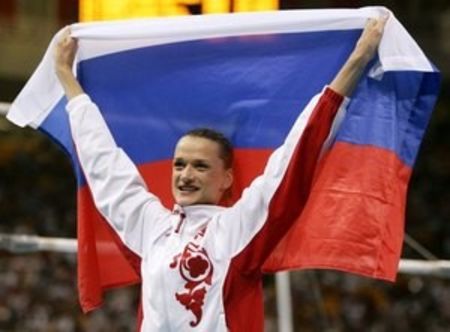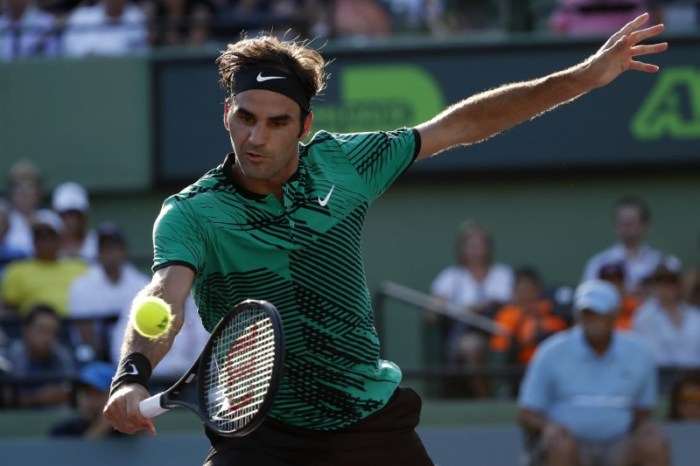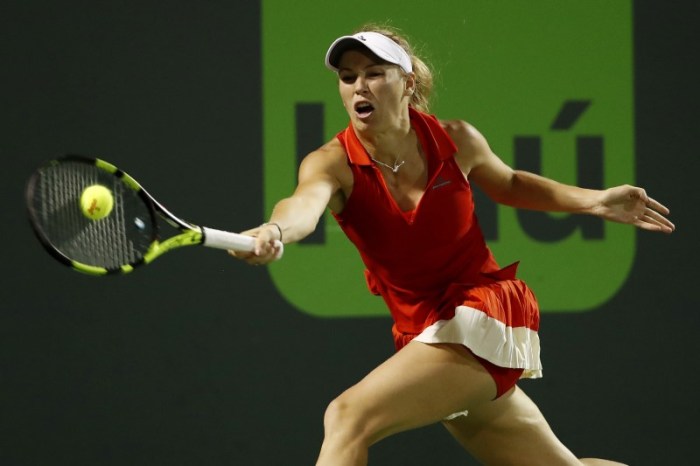By Pritha Sarkar and Dmitriy Rogovitskiy
LONDON/MOSCOW (Reuters) – It is unlikely that many Olympic gold medalists would complain that the shiny discs of metal they have spent years and years training for are “too heavy” — but then again Svetlana Khorkina was no ordinary champion. Depending on which part of the world the statuesque Russian was competing in, she was known as “a diva” or “a snow queen” — monikers that Khorkina says were only bestowed on “heroes”. Time away from the sport has not mellowed the once Playboy centerfold who gave up gymnastics for good following the 2004 Athens Games.
A gold medalist on the asymmetric bars in 1996 and 2000 Olympics, Khorkina also became the first woman to claim three world all-around titles.
Her triumphs in 1997, 2001 and 2003 stood as the benchmark in women’s gymnastics until Simone Biles burst on to the world stage in 2013.
The pint-sized American teenager has blown away all the opposition she has faced over the past three years, becoming the first woman to win three consecutive world all-around titles.
Biles’s milestone meant little to Khorkina.
“Twelve years after I finished my sporting career I am the first and only three-time all-around world champion and Biles will always be the second,” Khorkina, now a mother, told Reuters in an email interview in the run-up to the Rio Olympics. “Basically, I am more interested in how the Russian girls will get on in Rio.”
Considering the Russians failed to claim a medal of any color in the team or all-around competitions at the 2015 world championships, the chances are that Khorkina will be unable to ignore what Biles does do in Rio. As Biles attempts to become the first woman since Lilia Podkopayeva in 1996 to win back-to-back world and Olympic all around golds, Khorkina did not mince her words when it came to discussing the one title that got away from her. “I often felt that I was being given unfair marks and that the judges were not being objective, as they were mixing up sport and politics,” said Khorkina, who had been the favorite for the all-around gold at the 2000 Olympics until an apparatus malfunction left her on her knees. “To be always first is completely normal for me, as it is for my great country, which certain silly people don’t agree with.”
In Sydney, the willowy 1.65-metre gymnast had posted the highest all-around total in the preliminaries and led her rivals in the final before attempting her vault.
However, after launching into the air to attempt her complex vault — a roundoff half-on to Rudi — she landed painfully on her knees.
Rattled with her poor execution on the vault, the Russian was clearly not herself when she mounted her trademark apparatus — the asymmetric bars — and messed up a routine she could usually perform to perfection even if she was blindfolded. What really angered her, however, was something she had spotted minutes earlier — the vault had been set at the wrong height.
It was only after several competitors landed awkwardly on their faces, knees or bottoms — with some suffering injuries that prevented any further participation — that officials belatedly checked the height of the apparatus and confirmed it was five centimeters lower than approved. A second chance on the apparatus was offered to those who had vaulted at the wrong height but for Khorkina the amnesty came too late as she was already out of the running following her shaky bars routine. The Russian declined to vault again, still fuming that no one had listened to her when she complained about the vault being too low.
As far as Khorkina is concerned, this was just another example of how people conspired to deny her a title she felt was rightfully hers.
“I could have won more gold medals but there are subjective reasons in sport which don’t allow you to get what you deserve,” said the 37-year-old, who posed for a topless photoshoot in a Russian edition of Playboy in 1997. Twelve years on from her retirement, she can still reel off all the events, be it at the Olympics or the world championships, at which she felt she had been robbed of gold medals.
While her Olympic haul of two golds, four silvers and one bronze did not match her own high expectations of her worth, she is happy about the legacy she has left in the sport.
“A number of gymnastics moves are named after me, which even now not everyone is able to master. These are unique moves and I opened the way to gymnastics in the 21st century.”
(Writing by Pritha Sarkar, editing by Clare Fallon)
Khorkina no fan of heavy metal

By Pritha Sarkar and Dmitriy Rogovitskiy















